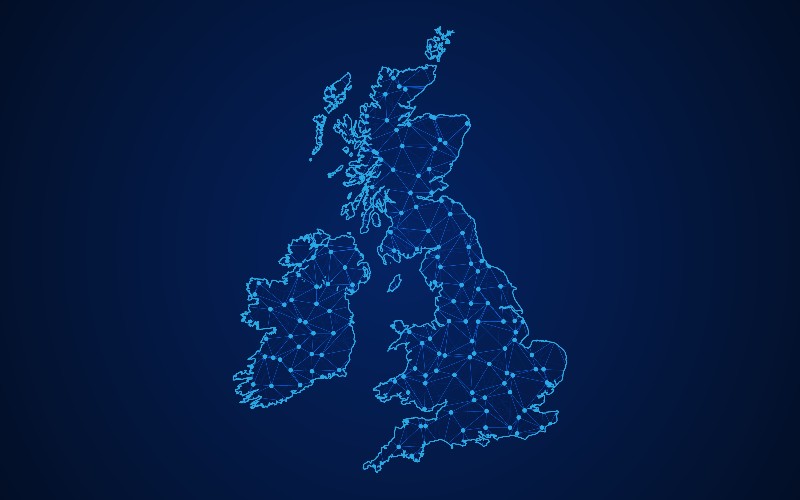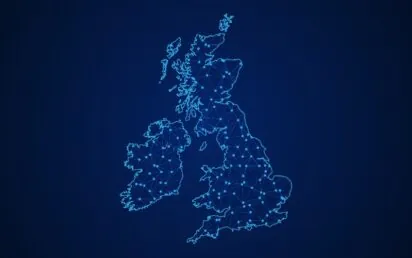In the last three months of 2022, the British economy exhibited no growth, allowing it to escape the technical definition of recession (two quarters of negative GDP) for the time being. However, the outlook for 2023 is still somewhat bleak according to some, as households continue to struggle with double-digit inflation and increasing interest rates.
For UK traders during the course of last year, even while markets were roiled by the Ukraine crisis, inflation, and fears of recession, the FTSE 100 surprisingly was able to outperform many of its worldwide counterparts, such as the S&P 500 and US Tech 100, and the European STOXX.
With interest rates on the rise, inflation stubbornly remaining, and the GBP/USD continuing its recovery, will the BoE be able to walk the tightrope of managing to keep the UK out of a deep downturn?
Has Inflation hit its peak?
The annual inflation rate in Britain is finally beginning to decline. More official data in the form of CPI reports this week may provide some welcome good news after prices have reached their highest level since the 1980s, putting a strain on millions of families.
Inflation across the UK is expected to have dropped for a third consecutive month in January, thanks to cheaper energy prices with the general reduction in the price of oil and gas during recent months. With any luck, this trend of steadily decreasing from October’s record high of 11.1% will continue in the months to come.
In its last monetary policy statement, the BoE said that headline inflation measured by the CPI has started to moderate and is expected to drop “sharply” for the remainder of the year due to previous price changes in energy among others. On the other hand, the bank suggested that the labor market remains tight, and domestic price and wage pressures have been higher than projected, all of which point to the possibility of more enduring underlying inflation.
A day after the British central bank’s meeting, Bank of England Chief Economist Huw Pill said that it was crucial not to elevate borrowing costs to an excessive level. According to him, the economy has not yet seen the full impact of the rate hikes and there was a fine line between dealing with inflation and pushing the economy into trouble.
Still plenty of work to do
The path ahead for the UK is anything but clear. The cost of living continues to be exorbitant, with millions of people facing hardship this year. It’s also worth noting that a decline in inflation does not always imply that consumer prices are reducing – it just means that the annualized rate of rise is not as quick as it was the previous month.
Analysts continue to predict that inflation will exceed 10% in January, the highest pace in almost four decades. However, it may be the last month of double-digit price increase, with pundits predicting that the only way is down.


